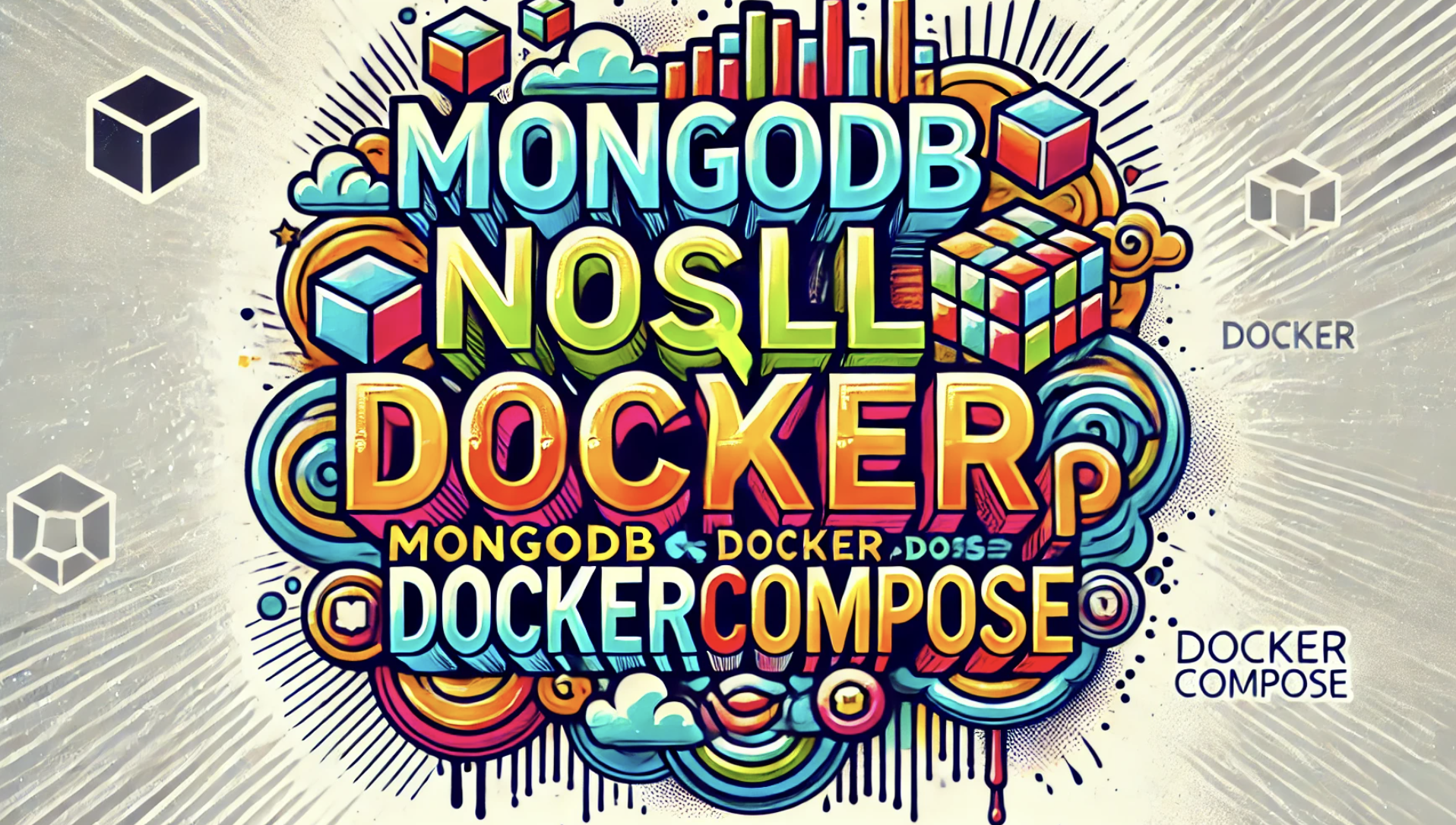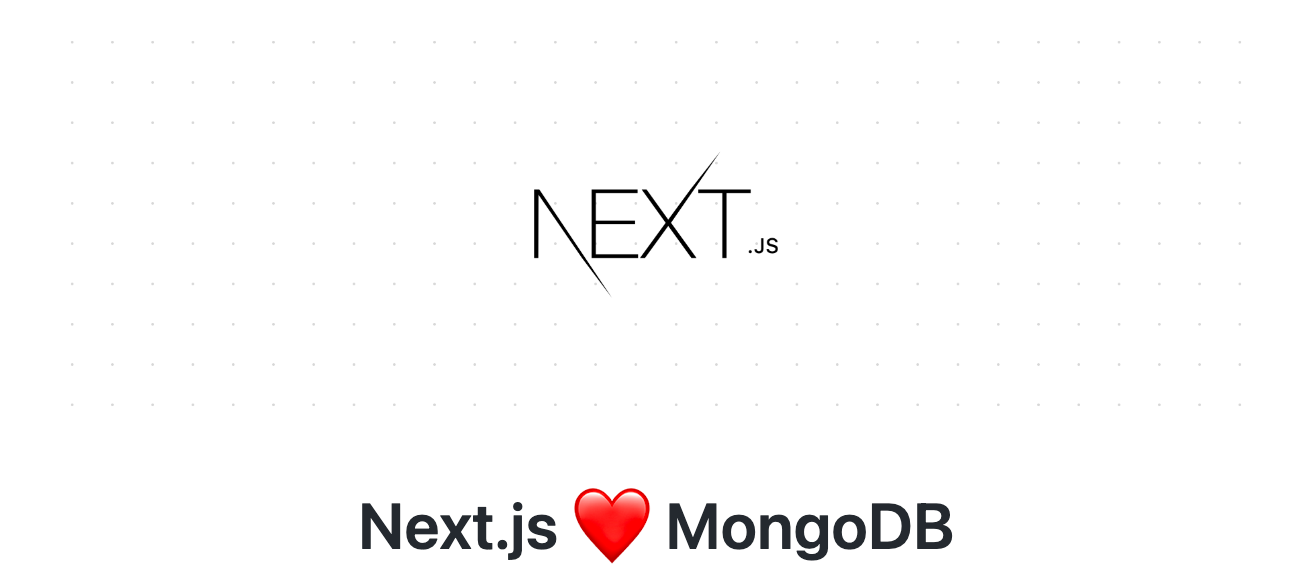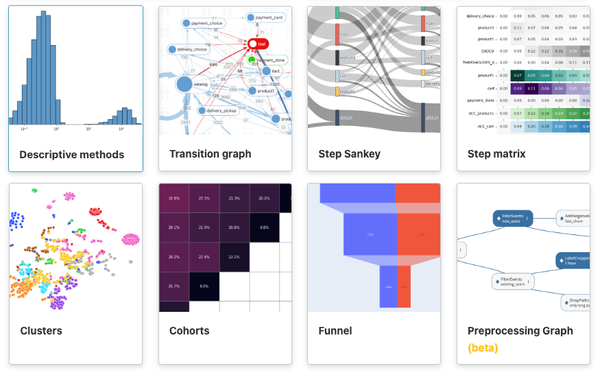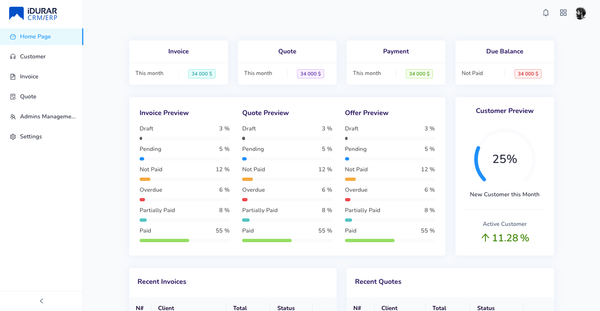How to Backup a MongoDB Database with mongodump and mongorestore?
Table of Content
MongoDB is a popular NoSQL database that's great for applications needing flexibility and scalability. It stores data in a JSON-like format, making it easy to use for developers.
Why Use MongoDB?
- Flexible Schema: You can store documents of different structures in the same collection, which is useful when your data model changes over time.
- Scalable: MongoDB supports sharding for horizontal scaling, which is ideal for handling large datasets and high-traffic applications.
- Fast Performance: Its memory storage engine ensures quick read and write operations, which is perfect for apps that need speed.
- Rich Queries: It offers powerful queries, indexing, and full-text search capabilities, making it versatile for many use cases.

Backing Up Your MongoDB Database
Here's a straightforward guide on how to back-up your MongoDB database using the mongodump tool.
Step 1: Install MongoDB Tools
First, make sure you have MongoDB tools installed. These tools include utilities for backing up and restoring your databases.
Ubuntu/Debian:
sudo apt-get update
sudo apt-get install mongodb-org-tools
macOS:Install via Homebrew:
codebrew tap mongodb/brew
brew install mongodb-database-tools
Windows:Download from the MongoDB website.
Step 2: Basic Backup with mongodump
Use mongodump to create a backup. Here’s a basic example:
mongodump --uri="mongodb://localhost:27017" --out=/path/to/backup/folder--uri: Connects to your MongoDB server. Replacelocalhost:27017with your server's address.--out: Specifies where to save the backup files.
This command backs up all databases on your MongoDB server.
Step 3: Backup a Specific Database or Collection
To back up a specific database or collection, use the --db and --collection options:
- Backup a specific database:
mongodump --uri="mongodb://localhost:27017" --db=yourDatabaseName --out=/path/to/backup/folder- Backup a specific collection:
codemongodump --uri="mongodb://localhost:27017" --db=yourDatabaseName --collection=yourCollectionName --out=/path/to/backup/folder
Step 4: Backup with Authentication and SSL
If your MongoDB server requires authentication or uses SSL, add these parameters:
- Authenticated Backup:
codemongodump --uri="mongodb://user:password@localhost:27017" --out=/path/to/backup/folder
- SSL Connection Backup:
mongodump --uri="mongodb://localhost:27017" --ssl --sslCAFile /path/to/ca.pem --out=/path/to/backup/folder
Step 5: Automate Backups with Cron Jobs
For Linux, you can automate backups using a cron job:
- Open the crontab file:
codecrontab -e - Add a cron job to run
mongodumpdaily at 2 am:
0 2 * * * mongodump --uri="mongodb://localhost:27017" --out=/path/to/backup/folder/$(date +\%Y-\%m-\%d)
This creates a daily backup in a folder named with the current date.
Step 6: Restore from a Backup
To restore from a backup, use the mongorestore tool:
mongorestore --uri="mongodb://localhost:27017" /path/to/backup/folder
Replace /path/to/backup/folder with your backup directory.
Wrapping Up
Regular backups are crucial to prevent data loss. MongoDB's mongodump and mongorestore tools make it easy to back up and restore your data. MongoDB is a solid choice for developers looking for a flexible, scalable, and high-performance database.














